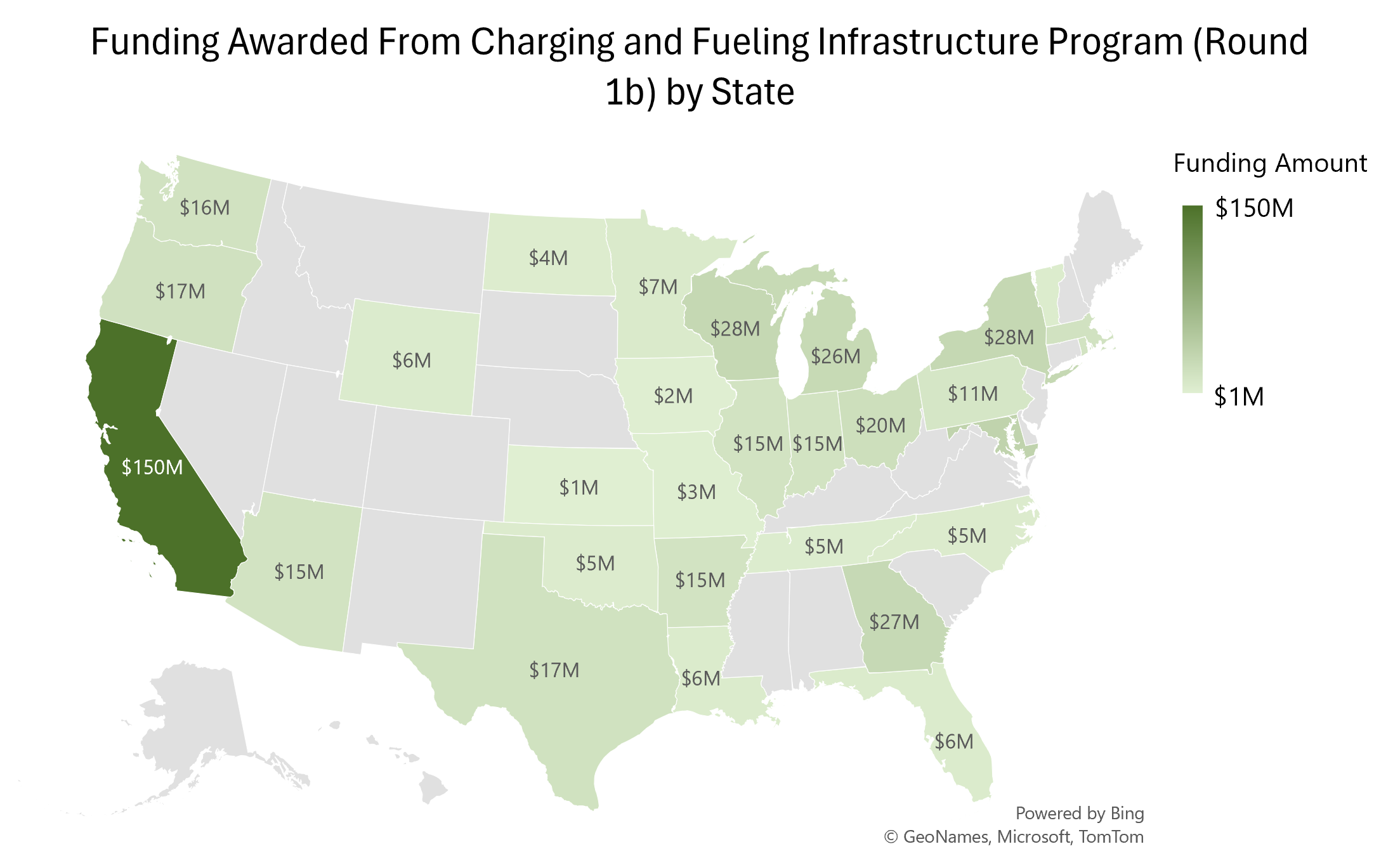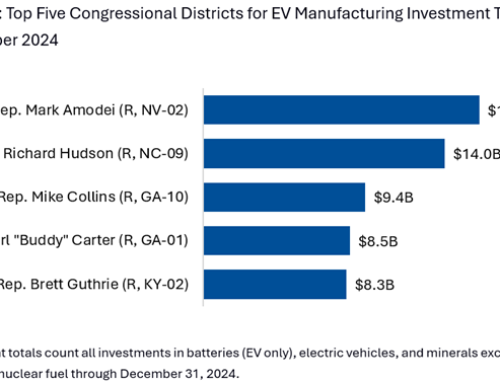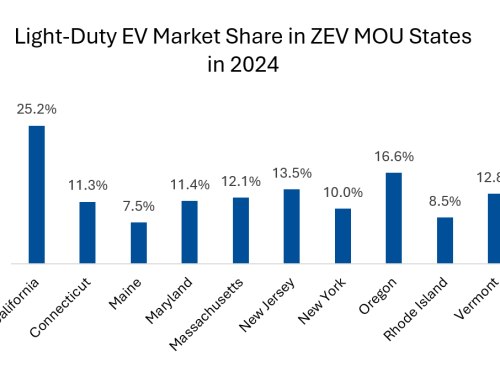
Image Data Source: Federal Highway Administration
Last week, the Biden-Harris Administration announced an additional $521 million in funding through the Charging and Fueling Infrastructure (CFI) grant program, expanding electric vehicle (EV) charging and alternative fueling infrastructure in communities and along highway corridors across the United States.
This significant investment is part of the larger $2.5 billion commitment from the Infrastructure Investment and Jobs Act, designed to be distributed over five years to build out the nation’s EV charging infrastructure. To recap, the CFI program is structured into two main tracks: community charging and corridor charging. Community charging grants focus on underserved, rural, and low-income areas, ensuring these communities have access to EV charging infrastructure. On the other hand, corridor charging grants are aimed at developing fueling infrastructure along designated Alternative Fuel Corridors (AFCs), which are critical routes for long-distance travel.
The importance of CFI funding lies in its ability to allow states and localities to address specific charging needs as the nationwide EV charging network is built out. While the National Electric Vehicle Infrastructure (NEVI) program primarily targets EV charging deployment along highway corridors, the CFI program complements this by funding chargers in crucial areas that might otherwise be overlooked, such as underserved communities and regions with dense multi-family housing. Earlier this year, the first round of CFI awards distributed nearly $623 million to fund 47 projects across 22 states, including Puerto Rico. These awards have been detailed in a previous digest.
In the latest round of CFI grants, funding will support the development of EV charging and alternative fueling infrastructure across 29 states, eight Federally Recognized Tribes, and the District of Columbia. This round of funding will facilitate the installation of over 9,200 EV charging ports. Of the $521 million allocated, $321 million will be directed toward 41 projects that focus on expanding various types of EV infrastructure in communities, including the installation of Level 2 and DC fast chargers. The remaining $200 million will support 10 projects specifically designed to install EV charging and fueling along AFCs.
Some notable projects receiving funding in this round include:
-
West Coast Truck Charging and Fueling Corridor Project (Corridor): The California Department of Transportation has been granted $102 million to establish EV charging and hydrogen fueling stations for zero-emission medium- and heavy-duty vehicles along 2,500 miles of critical freight corridors spanning California, Oregon, and Washington. This initiative received the largest share of funding in this round.
-
Maryland Equitable Charging Infrastructure Partnership (Corridor): The Maryland Clean Energy Center is set to receive $33.5 million to install EV charging stations at 29 sites along an existing AFC. This project will expand EV charging accessibility in rural, urban, and disadvantaged communities. It also includes workforce development and job creation efforts, such as an EV charging franchise model and a crowdfunding pilot, and will work in partnership with IBEW Local 24 to train apprentices and journeymen in the installation and maintenance of EV charging stations.
-
Maricopa County EV Infrastructure Improvement Project (Community): Arizona’s Maricopa County Air Quality Department will receive $15 million to install publicly accessible EV charging stations at locations participating in the Maricopa County Travel Reduction Program, which includes schools and businesses with at least 50 employees.
-
Middle Georgia Community Charging Program (Community): The Middle Georgia Regional Commission will be awarded $15 million to deploy approximately 234 publicly accessible EV chargers across 111 sites. This project aims to close gaps in the region’s EV infrastructure by ensuring that charging stations are no more than 15 minutes apart. With 54 percent of these sites located in Transportation Disadvantaged Census Tracts, the initiative is focused on increasing EV charging access, particularly in rural areas.
For a detailed list of all the funding awards through this round, click here.

